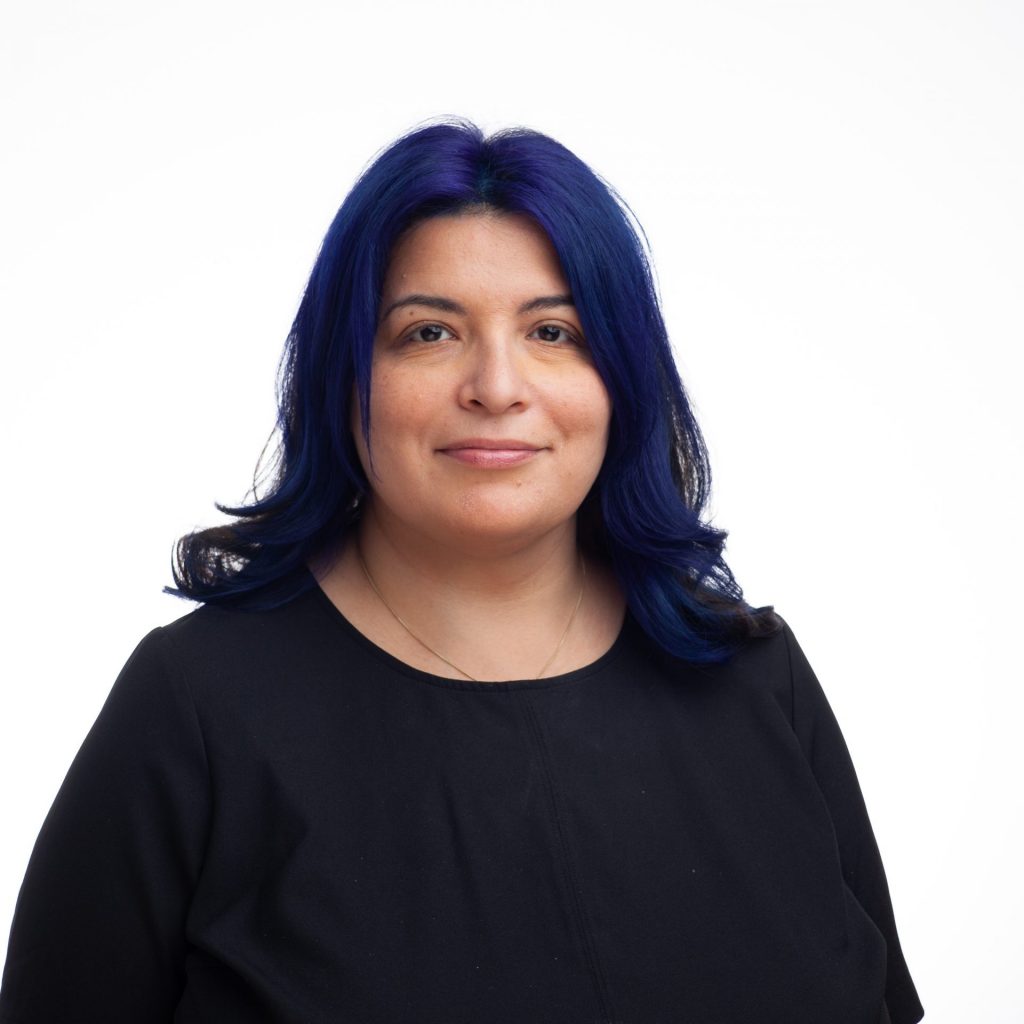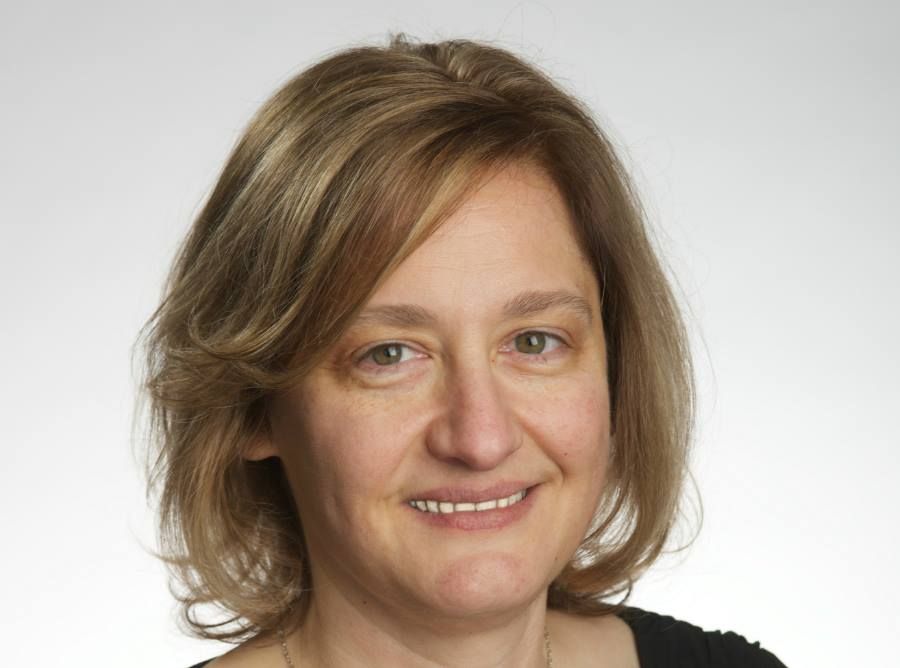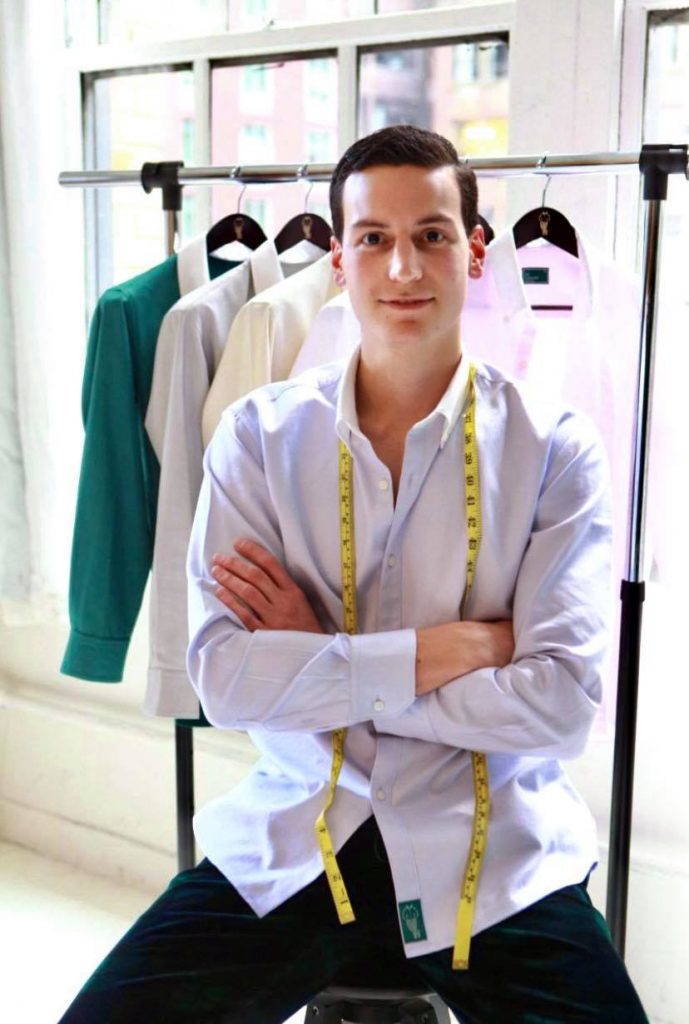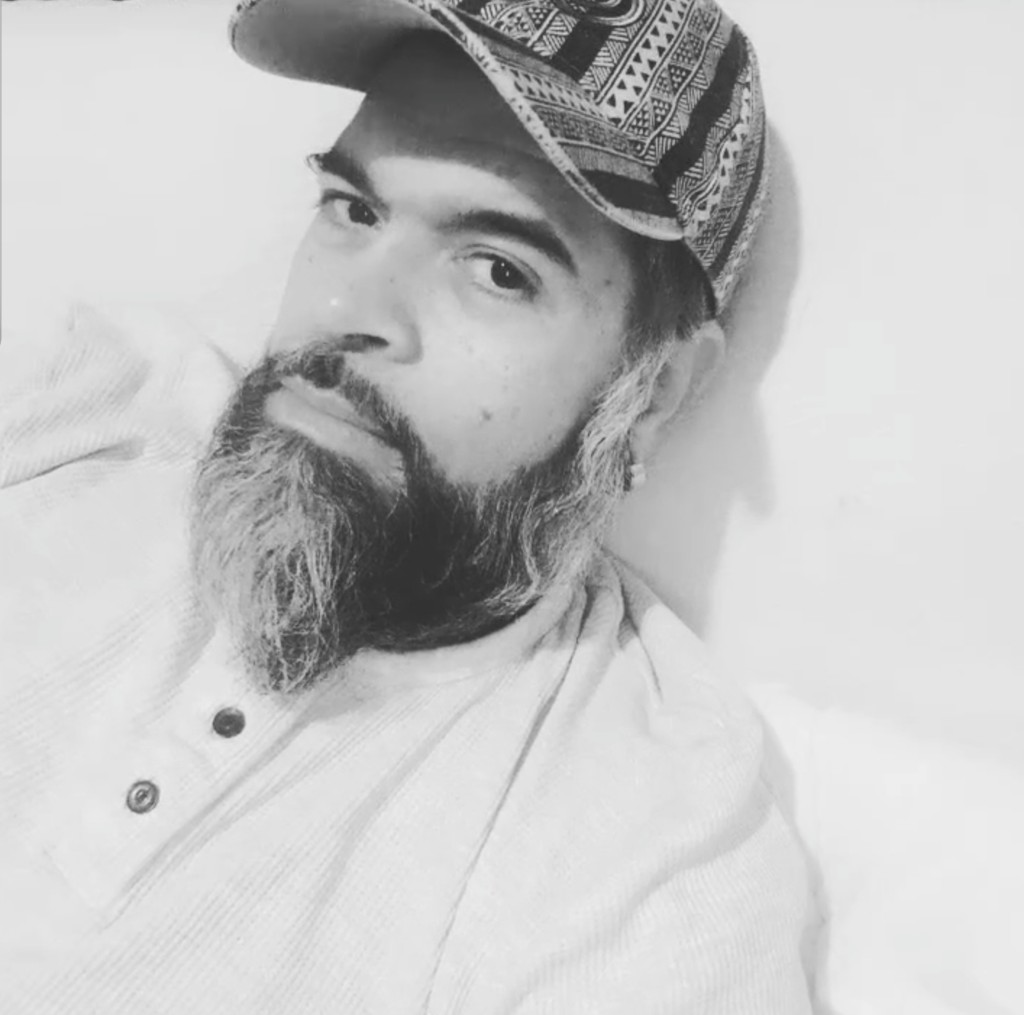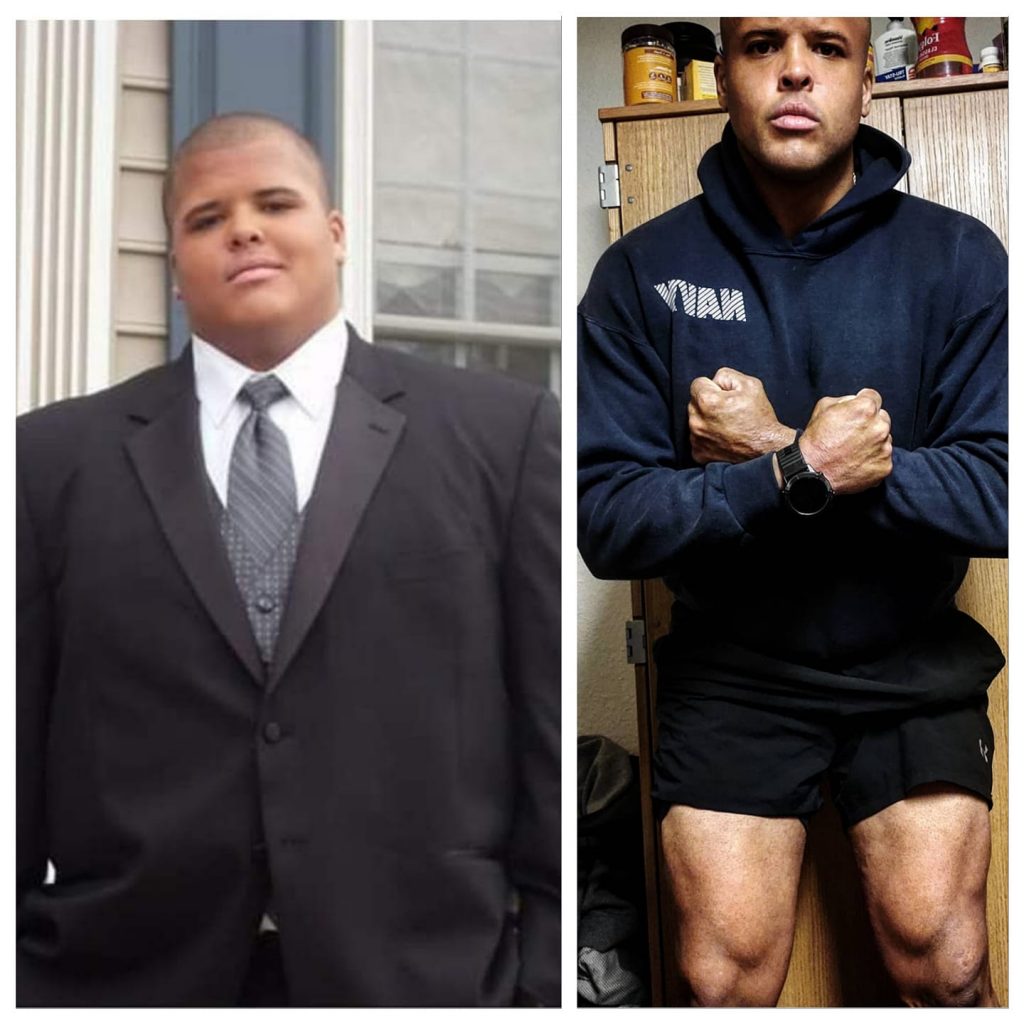Shivani Ganguly lost her husband and her business at around the same time, which devastated her. But now she is finding peace and happiness with her son who is truly the center of her universe and killing it as a Chief Financial Officer.
TAMAR: Hi, everybody. We’re nearing May now, which is crazy. For me it’s insane how the last couple weeks have been. I can’t even describe what they’ve been like. But we are still in good spirits. I’m keeping the podcast going. Today I have Shivani Ganguly who is coming from the other coast. She is here to share her story. And yeah, thank you so much for joining.
SHIVANI GANGULY: Hi, I’m Shivani. I live in Pacifica, California which is about 10 minutes out or 10 miles outside of San Francisco. I work as a part time or contract CFO for a few different startups and nonprofits.
TAMAR: Cool. So, I know you probably have a trajectory that brought you to this interim CFO situation. Explain your little story about what you do, how you’ve started. Tell me a little bit about you?
SHIVANI GANGULY: Sure. So, I also didn’t mention that I have a young child who’s 3 years old. And he is of course in the background right now, watching YouTube, but perhaps chatting a little bit in the background.
TAMAR (laughing): No apologies.
SHIVAN GANGULY: Yeah, no apologies. It’s just the way it is right now. So, let’s see. I started working in technology and worked in San Francisco for several years, about 10 years. And of course, I was dating a lot during that time off and on. In 2010, no 2011 I met my husband Dave in San Francisco. We met on OkCupid. And we dated for about 3 years. And then we did a lot of traveling, and stuff like that. We got engaged in Vietnam. And then we got married in 2014, in January of 2014 at the City Hall in San Francisco. We bought a house in Pacifica in July of 2014. In August of 2014 Dave was diagnosed with grade 3 anaplastic astrocytoma, which is a form of brain cancer. It was terminal. So, he was in treatment and radiation, etcetera for a couple of months. Then chemo and we did some more traveling. And he passed away in March of 2016. During that same time, I also had another business. I was working before that as a part time CFO and German CFO. I’ve gone to graduate school after leaving a tech job, and then been working, having my own consulting business. But my dream for many years had been to start a grocery store market. I did that, and partnered with somebody, a friend of mine, and was working in the store most of the time with a staff. We launched in December of 2014, about 4 or 5 months after Dave was diagnosed, and ran the store for about a year-and-a half. Unfortunately, we closed down in January of 2016. So, a couple of months before he died. So, the 2 things kind of coincided. Obviously, his illness was a bigger thing in a lot of ways. But at the same time, I was going through the process of launching a business. It was my dream business, kind of working through it, trying to figure out how to make it work and then unable to make it work and unfortunately had to shut it down. So, definitely a really difficult time on both fronts.
TAMAR: Right.
SHIVANI GANGULY: After he died the business was pretty much gone though there were still some wind down activities. I did some more traveling, kind of a theme for me. I went to Europe for a month by myself. And then I came home and was figuring out getting, I still actually had, some consulting clients. So, I was doing some consulting work at the time, but pretty minimal and kind of figuring out my next steps. And again, starting to date and met somebody very quickly and we got pregnant. I had my son Sydney in March of 2017. Sydney was born very early. He was born at 29 weeks. He was1 pound, 3 ounces when he was born. He spent almost 4 months at CPMC in San Francisco. For the first 6 weeks of that, we stayed at the hospital. And then they sent us home. We still went back every day, even though it was about 45 minutes from the house, held him and stuff. And I was also working part time and I was a co-founder and startup at the time with this new father and a few other people. And we had gotten a National Science Foundation grant to kind of get ourselves going, and we’re trying to raise money. And it was a really difficult time. From there when Sidney came home from the hospital, I decided to actually take some maternity leave. I’d been saving up my unpaid maternity leave that I was giving myself for my own business. When he got home I did take about 3 months off and then started to transition back into work. And at that point in November around Thanksgiving, his Dad had a breakdown and ended up in the mental hospital. And we broke up for a while. And then we got back together. And I started to work as the CFO-in house for the first time in about 10 years at a retail beauty company, and then worked there for about a year- and-a-half. During that time, Sydney’s father and I again broke up for good. And I now have 100% full custody of Sydney on my own. I left the full-time retail company job because I couldn’t handle going. There was no flexibility. There was just not a lot of ways to work as a single working parent there. And I kind of returned to consulting and have been doing that for about a year now. And I’m really enjoying the flexibility and working with a few different clients especially now with Coronavirus and all of the restrictions in place, enjoying being on my own and having the flexibility to do what I need to do.
TAMAR: I like it. Obviously, of course, it’s all about flexibility. If there is anybody listening, who is concerned about the background noise, I enjoy that so much. It really humanizes the fact that we’re at home and this is our offices. I have to yell at my kid too. But you have one kid and one adult. Thankfully I’m getting to do anything. There have been times in my past where I have been embarrassed to have my children present with me. Because that’s our culture, society and our culture does not lend itself to supporting that. And I think at this point, we need to understand that this is our lifestyle now.
SHIVANI GANGULY: Yeah. I think a lot of people are understanding that more. A few days ago, I guess last week, I had to give a presentation at a meeting at one of the companies that I work with. Not a huge company. About 20 people are on the call. But I had been on calls for a couple of hours already at that point. And Sydney had been totally fine watching TV, playing by himself. And then the minute I have to give a presentation he’s like all over me, “Mommy, I need food; Mommy, I have a dirty diaper; everything.” So, I calmly said, “Okay, guys, I need a couple minutes. I’ll be back. Somebody else do something, instead of me giving this presentation right now”. And I laughed and I changed his diaper. I got him some yoghurt and he sat on my lap for the whole presentation of about 30 minutes. It was distracting for me, but I think it’s so much okay. Most of the people on the call have kids and kind of understand. Afterwards, a couple of people sent me messages on Slack saying that I was very calm given the situation and that the presentation was really helpful. I think everyone kind of gets its just not my choice. I would not make the choice to work this way, because it’s super distracting for me. But I don’t think it’s really that impactful on other people.
TAMAR: I think everybody has to embrace this. They have to understand this. I remember, this is reminiscent of 11 years ago, almost a little over 10 years. Ten years ago, when my son was 3 months old. So, this would have been June, July, August 2009. I gave birth to my son when my first book came out. I actually published the book, naturally. And under the circumstances, people want to hear your presentation. So, I had a massive webinar in 2009 when I was living in a tight apartment, and a thousand people were in the audience. I was also alone. It was just me and my son. I decided to throw him in, like I put him in a car seat. I put him in one of these bouncy chairs, and I had them watching Baby Einstein. But it didn’t work so well. I can’t even say like 15 minutes in, he started to scream. And normally, I would be totally okay with it. It’s a tolerable degree, eventually. You have to go help your kid in an apartment building with a lot of people. So, I felt very beholden to my neighbors to address that concern. But I think at this point, everybody these days would be understanding. You have your world confined to close quarters. We had to make it work.
SHIVANI GANGULY: Yeah. Totally.
TAMAR: Yeah. I would say, “that’s the rising above the ashes story.” But I love to hear your grocery store story because that’s a very massive risk. And even though you’ve decided and you decided early enough, there’s a give and take. Adam Grant writes this amazing book about giving and taking. He talks about people who are sticking through something for a very long time beyond what they can tolerate, might be able to financially tolerate, their investors or whatever else. Those people are more takers than givers. But it seems you did the right thing by following the entrepreneurial spirit, you follow the risk, and you knew when it was safe to exit. I want to hear what went through your mind in the beginning and towards the end, if that’s okay to ask.
SHIVANI GANGULY: So, the beginning was like a little bit hard to identify for me, because it was a long beginning. Like I’d applied to graduate school in 2009. And the essays that I wrote were about starting a community market. I didn’t launch the store until December of 2014. So, there’s a lot that happened in that period of business planning and research and thinking about it and finding some money to invest in it and all of that. So, definitely, I thought about the risk. I had not worked in grocery stores. I didn’t know this exactly. I knew it was low margin, I knew it was high risk. Somehow, I just thought it would be easier to manage than it was. Also, I think this is actually a big thing. I thought, “Hey, I’m not going to actually be the person in the store managing it, I’m going to hire somebody to do that. And I’m going to be like a partner, oversee everything, and be kind of more than a business person, which is more my background than actually physically running the store.” And we did hire somebody, and she quit after a week. And then we were never able to really find the right person to do that in the store. Like a GM kind of a role that we really wanted somebody to be doing. So, I ended up straddling that while taking care of my husband, doing some consulting on the side, while also trying to deal with the financials get investors and stuff like that. And it was just too much for any one person. I often wondered like, “Would things have gone differently? Would they have gotten better if I wasn’t in this terrible personal situation?” I just say “no, it’s impossible” in answer to that question, but I do wonder that. I think there was some mismatched, sort of expectations or plans that didn’t come to fruition around how it would actually be managed. And also, I was just thinking I love food, I love grocery shopping. I love that experience. And I want to bring a good experience to other people. Part of it was just a passion for food and wine. Just to clarify, it wasn’t really a full-fledged grocery store that I was running. It was a relatively small, more like corner market, like an upscale specialty food, wine store, right in San Francisco.
TAMAR: Yeah, when you see one, you know that it’s more elevated.
SHIVANI GANGULY: Yeah.
TAMAR: That’s cool.
SHIVANI GANGULY: And then at the end, we probably should have ended even sooner than we did. And we really wanted to see it out for a year and see if we can make it work. And since then, I’ve actually learned that most grocery stores do not breakeven in that time, and we actually had like pretty good sales, but we couldn’t get the labor component to match up to the sales, and especially in San Francisco, where there’s a lot of what I think are very good rules around how much you have to pay people and providing health insurance. I’m totally supportive to all that, and I want to do things that we wanted to be that employers. And it was very expensive to be really good employers, unfortunately. I think that perhaps if I had known all these things then that I know now, I’ve been the CFO of retail companies in a different industry. And I know I have a better sense of what the metrics should be and what the cash runway should be. Maybe we could have brought in more investors and continued to try to make it work. But I just didn’t have the energy to do that at that point. And there was no one else who could do it.
TAMAR: Yeah, you were doing a lot. I can’t fault you for what you were doing. And I have to say, it’s like giving the whole give and take thing. You clearly were fixed to the giving element of what you’re doing, because and maybe it’s wrong, you probably could have never known what would have happened if you continue. But you didn’t want to necessarily put the burden on yourself, which is your giving back to yourself and also potentially to the investors and the people who you might have been financially beholden to when it could have been a disaster. I can’t say it would have been but it could have been. It was smart for yourself, for your sanity to exit when you did. And you at least got the experience of doing what you were doing.
SHIVANI GANGULY: Yes, for sure.
TAMAR: So, going back especially in your situation right now, I think you did right for yourself. And I think you’re happier you have your son. He’s gorgeous. I was able to see him. I was able to take a quick look. I mean, you’re doing what you need to do. I’m sure it can’t be easy right now. Especially because you’re just clicking on stuff on doors, like these four walls that we have around us. But how are you staying sane? What’s your self-care look like on a regular basis? And what does it look like now?
SHIVANI GANGULY: It looks reg in non-quarantine time, before that. Now it looks quite different. I spent a lot more time alone. I have a lot of childcare in place. We went to daycare. And I also had a part-time nanny who helped and I would like go to clients’ offices a couple of days a week at least. And I would also go to Yoga class pretty much every day, like 5 or 6 days a week, go for more walks with the dog on my own and stuff like that. I took a writing class. So, lots of more personal focused activities, obviously more time with friends, but that’s kind of everybody.
TAMAR: So, now our view has shifted a little bit. I didn’t have time for friends. But now the community is my focus. It’s interesting.
SHIVANI GANGULY: That is interesting.
TAMAR: Yeah.
SHIVANI GANGULY: So now I would say, I’m obviously not spending much time alone at all and have no childcare at all. So that’s a little challenging. But basically, I would say that over the course of a day, I try to get 5 or 6 hours of work done. And that’s pretty much enough right now. Occasionally, I have to do an hour or 2 of work at night after he goes to sleep. But he doesn’t go to sleep until like 9:30, 10 o’clock. So, it’s pretty late.
TAMAR: You have to shift your mind.
SHIVANI GANGULY: Yeah, exactly. It’s like chunks of work and sitting down and doing work for 6 hours straight, that just doesn’t really happen. But I do a couple of hours, and then we go do something else. And then I do a couple of hours. We are very lucky to live where we live right now. I think and I feel really happy that we live outside of the city. We have a very large, very nice backyard. We’re able to walk and be at the beach or be in a Eucalyptus forest, without having to drive anywhere. We spend a lot of time walking; we spent a lot of time in the backyard. I’ve been gardening a lot. I would say that that’s probably one of my biggest self-care and also exercise right now, which is great. Getting in vegetables and spending a lot of time gardening, and also spending a lot of time cooking. And these are both good activities for me and good activities to do with the knee. Sydney, when I’m gardening, literally can pour water back and forth between three containers for two hours. So that’s a bonus. He likes digging in the dirt. He likes to pour things and sand at the counter while I’m cooking and stuff like that. So, combining the activities that make me feel relaxed and happy with things I can do with him seems to be working pretty well. We also like to draw and paint together and all of that. So that is how I’m surviving, is finding the pleasures. The activities that I can do with him also make me happy; and then letting him watch more TV the rest of the time.
TAMAR: As much as I wish shifting our lives, I have to say I feel for you; you can do your Yoga class, the one thing I want to do.
SHIVANI GANGULY: Yeah. Probably one of the hardest things for me is not much Yoga. So, we try to do a little bit of stretching. And I tried to involve him and he’s interested for a couple of minutes. And then he runs away usually. And I do a few minutes more on my own. But you know, I’m not really getting to do it the same way and meditate. That doesn’t happen. And it’s just I can’t do more than maybe 20 minutes at a time, something like that.
TAMAR: We had in the beginning, not anymore. One of the teachers here usually teaches at one of the fitness clubs Yoga, and I do with everybody else out there. Why can’t my children join me was this really is for the adults. I don’t know how to do any of that stuff. I can downward do all this other stuff. I’m just like, Okay, why did I even think twice? Through my calculation? Because it was so embarrassing. But it sounds funny. I was sick. Now I see that I’m not sick. I’m not like I was sick. My understanding is that there’s probably some level of immunity back to the gym. It sounds as though the 5 of us who probably had it could go back to the gym. But at the same time, I’ve also quarantined 2 weeks prior to the rest of the city.
So, it was because we had the first outbreak here. So, I understand what we need to do. And I completely understand the whole responsibility, but at the same time, we’re still crazy. We got to make things work. And right now, I have to applaud the fact that you have a lot more self-care going on than I do. I have been maintaining 3 things: running, which sometimes I do, but mostly around my driveway and reading, which I always do. And I also focus on learning a language. I’m trying to learn Spanish. I was so proud of myself because yesterday I went to the city for a blood draw. And it was right next to a church and in the side of the church there was announced Bible school and when classes were and I actually stood the entire side and I was so proud of it. Because I don’t speak but I could read.
TAMAR: Let me ask you one question. If you could talk to yourself and give your early version of yourself one piece of advice, what would you tell her?
SHIVANI GANGULY: I guess I would tell myself to really not worry too much about the small things and the things that kept me awake at night, or the things that somebody said that bothered me or whatever it might be. Those were just not the important things. And so just really focus on the people that I love and the people that love me, and to always remember to find the joy in every day, and to really look for that in life. And I think that’s what I learned from everything that’s happened. And that’s still what’s keeping me going now.
TAMAR: Okay, so I do have to ask this follow up question. So, we’re doing this video, we’re doing a recording. And obviously, I’m looking at your eyes. Some emotion there. So, tell me a little bit about that as well.
SHIVANI GANGULY: There’s been a lot of sadness and a lot of grief for me over the past like, 5, 6 years. And it comes up when we talk about it. It’s not necessarily a terrible thing. I’ve worked through a lot of grief. And there will always be some continuation of grief and some triggering of it. I think it’s just a part of life. In some ways, I think that dealing with this current situation, is better now than I would have 10 years ago, or 7 years ago. Because I have been through some difficult situations and have had to kind of figure out what it means to be resilient and how to keep going in difficult situations.
And that a difficult situation isn’t the end of the world, and that there is something to keep going afterwards.
TAMAR: You have a beautiful son. And I mean, I want to give you a hug right now.
SHIVANI GANGULY: Thank you.
TAMAR: Wish I created like, my arms here. Yes. I think, this rising above the ashes here is like climbing. I think you’re climbing better than ever. And I admire what you’re doing right now. I mean, it can’t be easy. You’re one-person support system. And there’s no one else there. You’re doing amazing and I appreciate you. I know that a lot of people will appreciate the story. And you know, I’m just proud of you.
SHIVANI GANGULY: And thank you so much. That’s right. Thank you. Appreciate it. It’s been a nice conversation. Thank you for having me.
TAMAR: Yeah, I hope so. I know sometimes they’re hard, but at the same time, I hope that to some degree as the guest here, it’s cathartic and it helps you overcome and realize. Hopefully we have seen the worst of we’re ever going to have. It’s not we’re climbing, we’re improving. We’re seeing an increased trajectory from here and things are only going to go up from there.
SHIVANI GANGULY: Yes, I hope so.
TAMAR: I am praying for you and I believe that you are going to do fine. You’re going to do just fine. And you’re doing great.
SHIVANI GANGULY: Thank you. I appreciate that.
Podcast: Play in new window | Download (Duration: 29:00 — 24.3MB)
Subscribe: RSS

